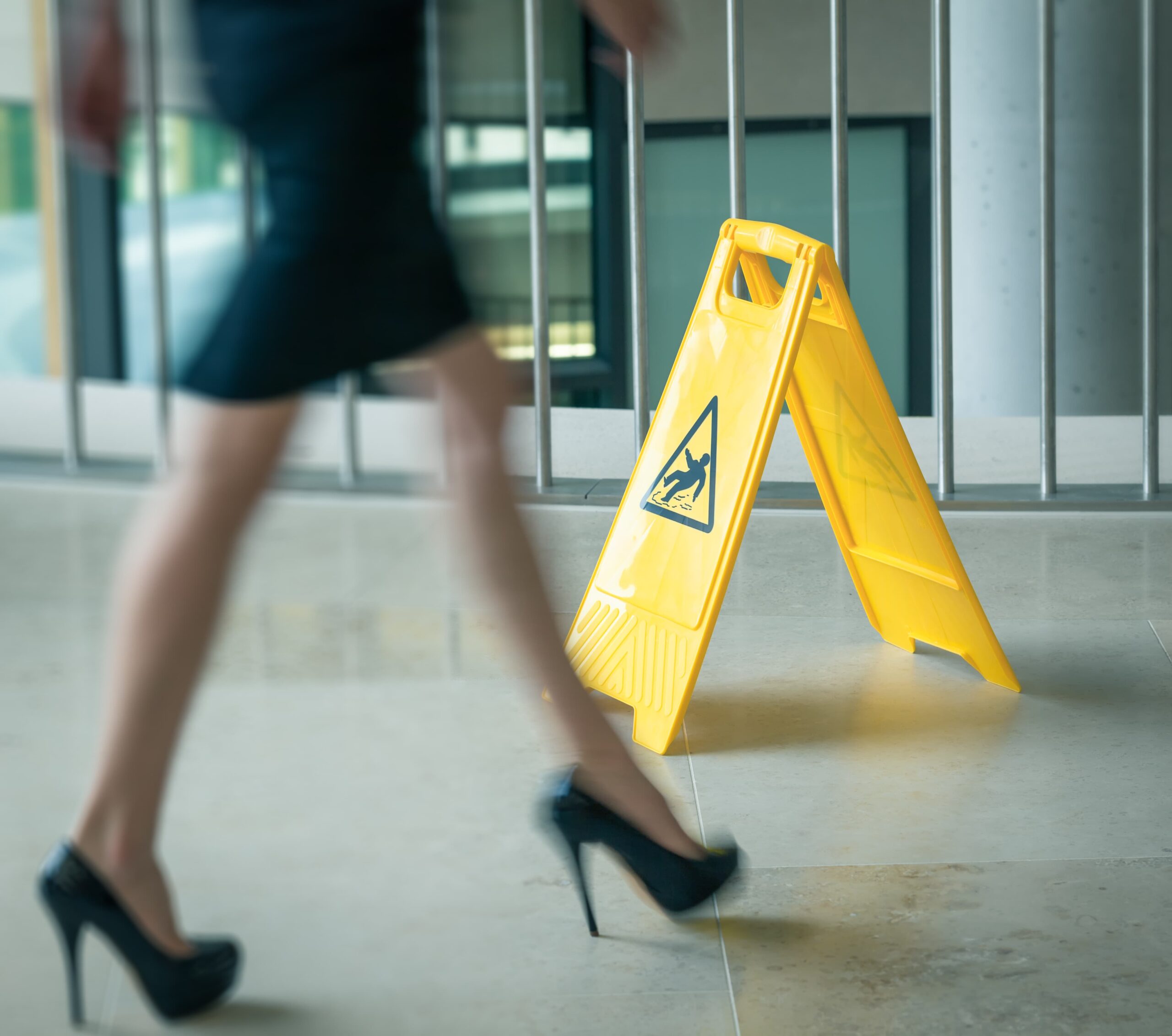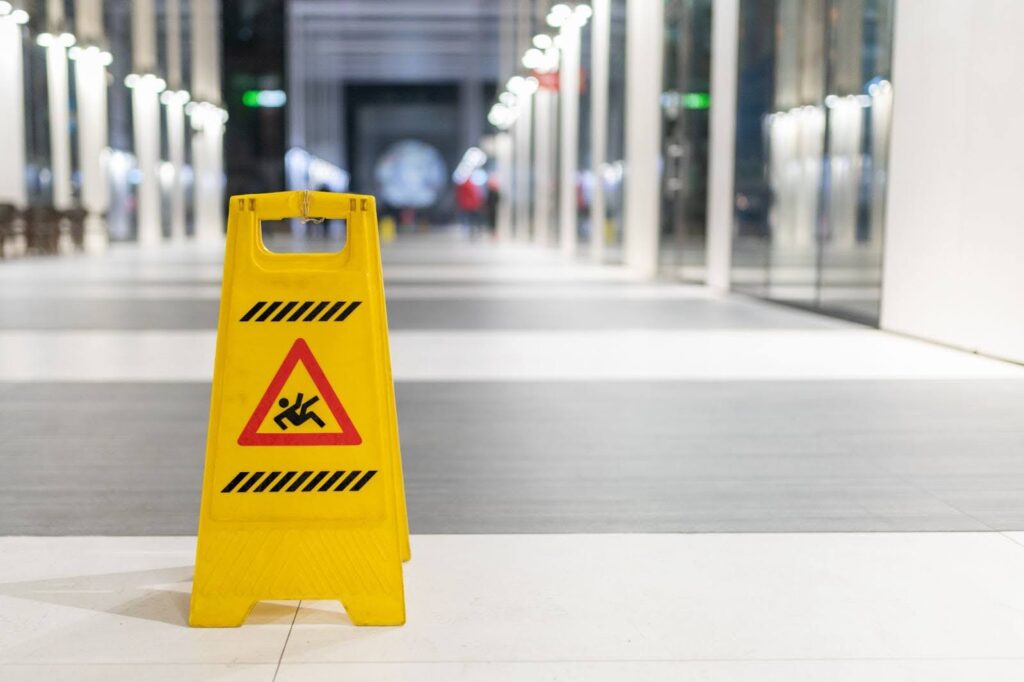Slips, trips, and falls constitute some of the most common accidents in public and private spaces, leading to a range of injuries from minor to severe. In the interest of public safety, and to mitigate legal liability for property owners and businesses, there are established regulations pertaining to the use of wet floor signs. These signs play a crucial role in warning individuals of potential hazards caused by wet or recently cleaned floors, making their deployment an important safety measure.
Across various jurisdictions, the legal requirement for wet floor signs is often detailed in health and safety legislation. For instance, the Occupational Safety and Health Administration (OSHA) in the United States sets forth guidelines that employers must follow to ensure the safety of both employees and visitors. Compliance with such regulations typically includes the provision of clear and visible warnings in areas where slips and falls could occur as a result of wet surfaces.
The placement of wet floor signs is not only considered a best practice but can also be legally enforced depending on state laws and industry standards. These signs work as a preventive step, allowing individuals to be mindful of their surroundings and to take the necessary precautions. Adherence to these laws plays a significant role in reducing accidents and maintaining a safe environment for all, thereby highlighting the essential nature of using wet floor signs in places prone to becoming slippery.
Legal Requirements for Wet Floor Signs
The placement of wet floor signs is governed by various regulations to prevent accidents. These laws ensure responsible parties take necessary precautions to warn of potential hazards.
Occupational Safety Regulations
The Occupational Safety and Health Administration (OSHA) mandates that employers must keep their workplaces free from recognized hazards, including slip and fall risks. Wet floor signs are required wherever there is a wet surface that could potentially cause an employee to slip. This regulation is particularly enforced in environments such as:
- Commercial kitchens
- Hospitals
- Manufacturing floors
These signs must be prominently displayed and clear in their messaging to effectively warn employees of the potential risk.
Public Liability Considerations
Under public liability laws, business owners and operators have a duty to ensure the safety of customers and visitors on their premises. Failure to display wet floor signs when floors are wet could result in:
- Negligence claims
- Legal liability for accidents
A slip and fall attorney specializes in these types of accidents and often reference the absence of wet floor signs as evidence of negligence in personal injury cases. Proper signage is crucial to reduce legal risks and to protect individuals on the property.
Industry Specific Mandates
Certain industries are subject to more detailed regulations regarding wet floor signs. For example, entities such as restaurants, supermarkets, and cleaning services must adhere to specific guidelines stipulating when and how wet floor signs should be used to warn of slippery conditions. These guidelines can include:
- Sign visibility and placement
- Usage during cleaning operations
- Duration of display following spillage clean-up
It is essential for these industries to comply with their particular mandates to minimize injury risks and legal repercussions.

Consequences of Non-Compliance
When businesses fail to place wet floor signs, they expose themselves to several legal and financial risks. Understanding these consequences can help organizations prioritize safety protocols and compliance.
Non-compliance with wet floor sign regulations often leads to slip and fall accidents, which can result in litigation. Victims may hire a slip and fall attorney to pursue a personal injury claim against the establishment. If the court finds the business negligent for not providing adequate warning, the business may be held liable for the victim’s injuries, including medical expenses, lost wages, and other compensatory damages.
Aside from litigation, businesses may face financial penalties for failing to comply with safety regulations. Regulatory bodies can impose fines as a direct consequence of non-compliance. These fines vary depending on the jurisdiction and the severity of the violation.






